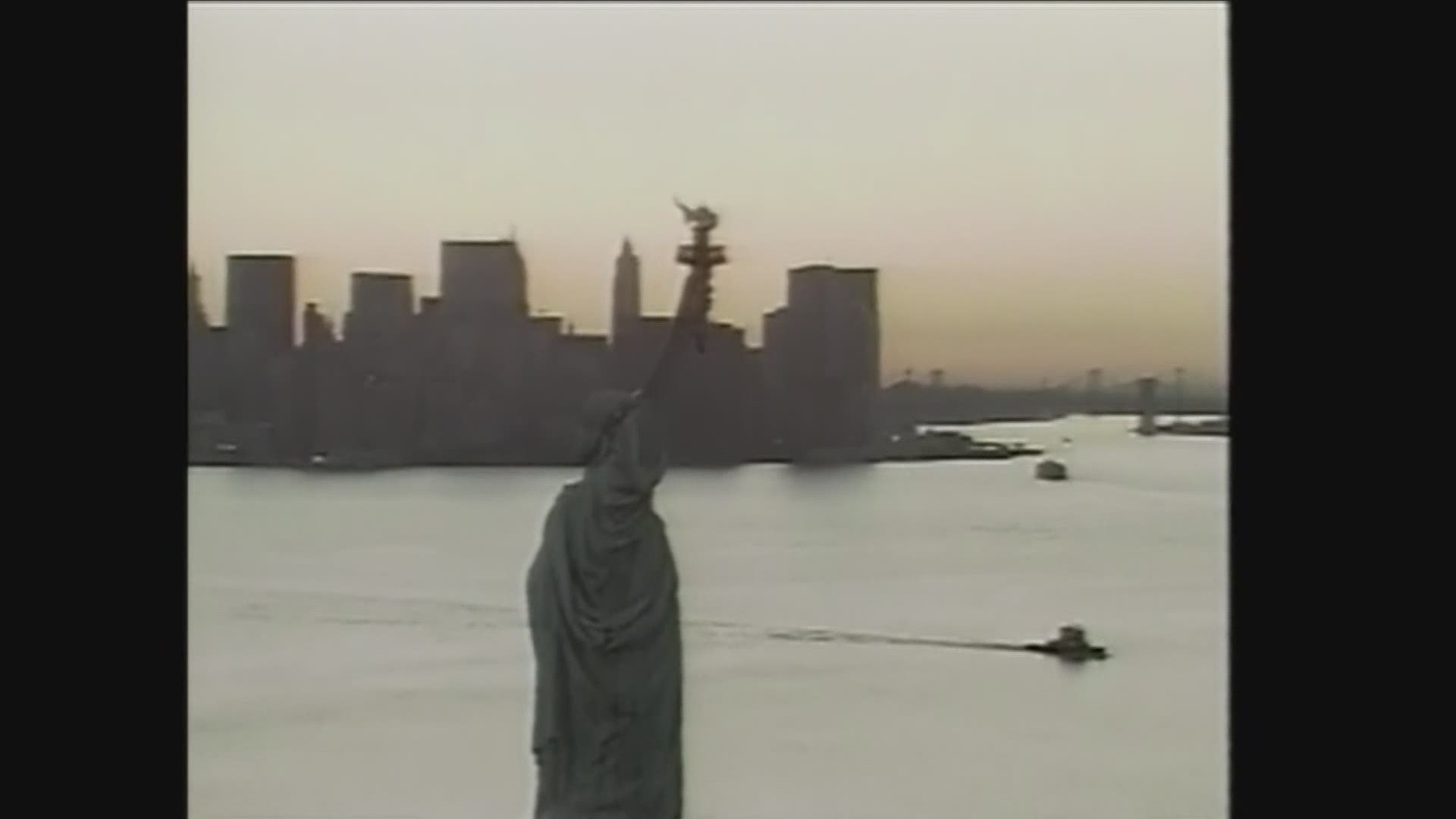Some believe there’s a peaceful calm before the most violent of storms. Others believe that peaceful calm is an eerie precursor.
“You start feeling September 11 before September 11,” Harriet Rawlins Hill said.
Rawlins Hill remembers that feeling then and she remembers it now.
“I remember all of it,” she said. “I could probably hit an hour-by-hour check point with you.”
Hour-by-hour starting the morning of Tuesday, Sept. 11, 2001.
She lived in Manhattan. The Lancaster native spent 20 years in New York. That morning, after a plane hit the World Trade Center, her plans to go to Connecticut to see a friend abruptly changed. She called her friend and canceled. She called her parents in Lancaster to say she was alright and told them she might not be able to call for a couple of days, anticipating phone line issues.
She was right. The phone lines died and with them the sense of normalcy.
“New York City is a city of energy and noise and talking,” she said. “And, it just all stopped.”
For five days she stayed in her apartment. On the sixth day, she ventured out.
“I remember there was at least three inches of cement dust on my car,” she said, while pointing out her apartment was 10 miles north from the World Trade Center.
In May of 2002, she returned to Lancaster. How she remembers 9-11 every 9-11 that followed might surprise you.
“We have to find what, inside of us, will help us heal from these type of events,” she said.
She knows and appreciates how some use 9-11 as a day to give back, to volunteer or to get involved with the communities. She, in a word, does nothing.
“You have to do whatever you need to do to feel the extraordinariness of the moment,” she said.
She calls off work and stays home. The silence is broken up by 9/11 documentaries on her television, or she’ll read meaningful, personal stories in the New York Times featuring those who helped, those who put cause above caution and those who never got to go home to their families that day. To Rawlins Hill, the day is a day to reflect on what it meant then and what it still means.
It's not selfish. It’s selfless. An idea she says the nation was quick to adopt, then, that today has been seemingly given up. But she’s hopeful through the pain of memories will come the power of mindset to unify.
“I hope it doesn’t take another thing like that to pull us together again,” she said. “I think we need to wake up and be kind and talk to our neighbors and talk to the people who don’t agree with us and try to get on some line of unity.”

